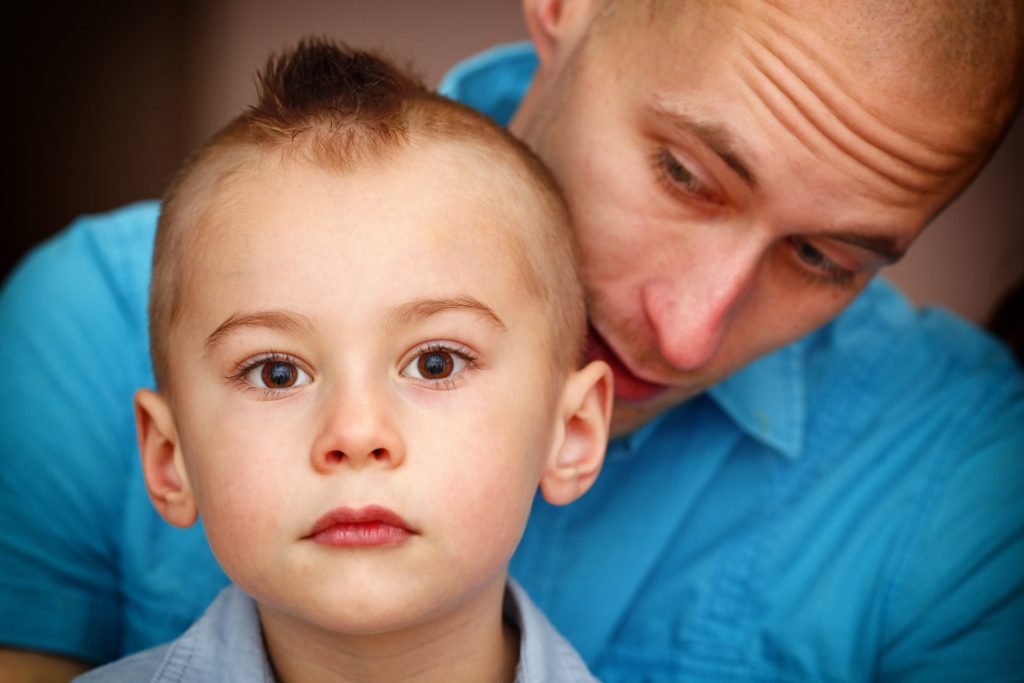Has your partner ever said, “I understand why you feel that way, and I’m here to listen and work through this together”? This simple yet profound statement can be a positive and comforting experience in a relationship, especially during challenging times.
Empaths possess an innate capacity to put themselves in another person’s shoes and understand the feelings of those around them. Empathy can be both a blessing and a challenge. It’s a powerful tool that allows individuals to connect on a deep emotional level, but it also comes with its own set of challenges.
What are the biggest challenges the empaths face in romantic relationships?
Let us find out how empaths deal with their difficulties in relationships from Delhi’s top marriage counsellor and relationship expert Shivani Misri Sadhoo.
1. Self-neglect
Empaths intensely feel their partner’s emotions and often become people-pleasers. They prioritize their partner’s feelings and avoid confronting issues. Self-care takes a back seat as they prioritize their partner’s needs, opinions, and decisions. Escaping this cycle can be tough for empaths, entangled in putting their partner’s needs above their own. Balancing empathy and self-preservation is important for a healthy relationship.
2. Communication is a real challenge
Communication can pose another hurdle for empaths. The intense connection they feel can sometimes make it difficult for them to express their own feelings openly. They may fear burdening their partner with their emotions or struggle to articulate their needs and desires effectively.
Learning to communicate openly and honestly, without letting the fear of overwhelming their partner hold them back, is crucial for a healthy relationship.
3. Lack Of Emotional Boundaries
Empaths have a heightened sensitivity to the emotions of those around them. While this is a beautiful gift, it can also become overwhelming, especially when it comes to romance. The ability to absorb and feel the emotions of their partners can lead to a constant state of emotional flux. They may fail to distinguish between their partner’s feelings and their own, making it hard to maintain emotional boundaries.
4. Fear of Intimacy
Empaths struggle in relationships due to overwhelming closeness. Their heightened awareness absorbs others’ energies, leading to exhaustion. Relationships, already emotional for non-empaths, are even more draining for empaths. Some empaths fear dating or commitment to avoid this emotional overload. They seek ample space—energetic, emotional, and physical—for recovery. Empaths can enjoy relationships by balancing closeness with their need for space, improving their overall experience.
5. Often Too Intrusive
Empaths naturally sense others’ emotions without control. Imagine the constant awareness of your partner’s mood. It’s both a valuable trait and a challenge. Empaths can’t switch off this sensitivity. While partners appreciate the support, it can feel intrusive. Occasionally, they want space to handle a bad day privately. Balancing an empath’s caring nature with respecting personal boundaries can be complex.
6. Attract Narcissists
Empaths often attract strong personalities like narcissists or toxic individuals, but this can harm their well-being. Both empaths and narcissists seek attention, but they express it differently. Empaths focus on caring for others, while narcissists want attention for themselves. This mismatch leads to problems in the relationship. Empaths try hard to please narcissists, who may mistreat them. It’s a cycle with no winners and is tough to escape.
7. Misinterpretations and Conflicts
Empaths are excellent at reading between the lines and picking up on subtle cues. However, their heightened sensitivity can sometimes lead to misinterpretations. They may detect emotions that their partner isn’t explicitly expressing, which can lead to misunderstandings and unnecessary conflicts.
8. Feeling of Loneliness
Empaths may experience loneliness in relationships due to their intense emotional sensitivity. Partners often struggle to comprehend the depth of their feelings, causing isolation. Even caring partners may not fully grasp their emotional needs. For example, needing alone time after a taxing day is a necessity, not a preference. Without solitude, empaths feel drained and unhappy.
Empaths face profound challenges in relationships, juggling intense empathy with self-preservation, communication struggles, emotional boundary issues, and fear of overwhelming closeness. They must overcome these hurdles while seeking a delicate balance between compassion and their own well-being for a truly fulfilling and harmonious connection.


